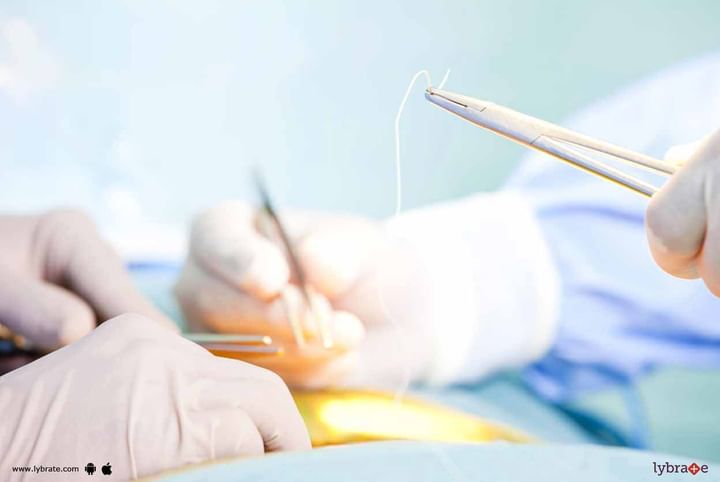Spine Surgery - What Should You Expect?
Spinal surgery becomes inevitable when back pain cannot be managed with medications and/or exercise. This is a major decision and requires planning for many things before, during, and after the surgery.
Before a spinal surgery- This preparation will help in smooth recovery, especially if you do not have a full-time caretaker.
-
Discontinue pain killers: Discontinue pain killers at least 10 to 14 days before surgery. These are blood thinners and can prolong bleeding during the surgery.
-
Prepare for blood loss: Most people experience some blood loss, but not excessive.
-
Use a toilet seat raiser: Sitting and getting up from the toilet seat may be difficult. The seat raiser is used to increase the height, making this movement easy.
-
Enable easy access to common items: Before heading for the surgery, keep things which are commonly used within easy reach. This will help reduce movement and avoid searching (especially if someone else is going to be doing it).
-
Stock it up: Cooking may not be feasible during the initial postop period, and so it is advisable to stock up food items (ready to eats, fruits, soups, etc.) which will come in handy.
-
Slip-ons: Bending down and tying shoes may not be easy, so slip-ons can be used.
-
Caregiving: It is always advisable to have someone stay over with you during the initial postop days. They could help with regular household chores, cooking, etc.
-
Lifestyle changes: Ensure you eat well in the days before surgery, quit smoking, quit/use moderate amounts of alcohol, and exercise as advised by your surgeon.
After Surgery- Post surgery, there will be some pain and limitation of movement. It is important to understand that adherence to post-op instructions will improve the success rate of the surgery. Also, recovery time for spine surgery is slightly longer and affects overall quality of life, so psychological preparation is required.
-
Postoperative medications: These will be given to control infection and pain in the immediate postop period, and should be taken without fail
-
Rehab: The surgeon will recommend physical therapy and rehab exercises which need to be followed. Complete recovery may take anywhere between 3 to 12 months. During this time, care should be taken to avoid repeat injury.
-
Support: Adequate back support should be provided using lumbar support and ergonomic chairs, and the right posture should be maintained. Ensure there is no undue strain on the back muscles.
-
Weight management: With excess weight, there is too much strain on the lower disks. Therefore, weight should be managed to reduce this strain.
-
Smoking and alcohol should be completely stopped, as healing can be hampered.
With some preparation, spinal surgery can be sailed through smoothly.



+1.svg)
